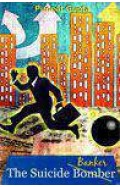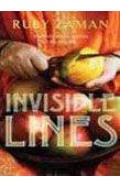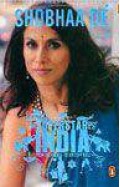The Unconquered People: The Liberation of an Oppressed Caste
By: John O Brien
-
Rs 845.75
- Rs 995.00
- 15%
You save Rs 149.25.
Due to constant currency fluctuation, prices are subject to change with or without notice.
| Book | |
| What's in the Box? | 1 x The Unconquered People - |
The Unconquered People: The Liberation of an Oppressed Caste
By: John O Brien
Rs 845.75 Rs 995.00 Ex Tax :Rs 845.75
Zubin Mehta: A Musical Journey (An Authorized Biography)
By: VOID - Bakhtiar K. Dadabhoy
Rs 892.50 Rs 1,050.00 Ex Tax :Rs 892.50
Manning Up: How the Rise of Women Has Turned Men into Boys
By: Kay Hymowitz
Rs 845.75 Rs 995.00 Ex Tax :Rs 845.75
No similar books from this author available at the moment.
First Experiences: Piper the Puppy Goes on Holiday
By: Pat-A-Cake
Rs 1,615.50 Rs 1,795.00 Ex Tax :Rs 1,615.50
Lula Dean's Little Library of Banned Books
By: Kirsten Miller
Rs 2,785.50 Rs 3,095.00 Ex Tax :Rs 2,785.50
National Trust Getting Ready for Summer A Sticker Storybook
By: Kathryn Selbert
Rs 1,705.50 Rs 1,895.00 Ex Tax :Rs 1,705.50
Zubin Mehta: A Musical Journey (An Authorized Biography)
By: VOID - Bakhtiar K. Dadabhoy
Rs 892.50 Rs 1,050.00 Ex Tax :Rs 892.50
The Unconquered People: The Liberation of an Oppressed Caste
By: John O Brien
Rs 845.75 Rs 995.00 Ex Tax :Rs 845.75












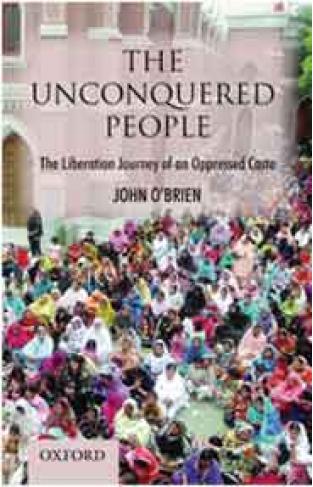
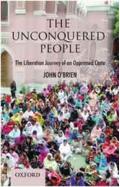
-120x187.jpg?q6)








-120x187.jpg?q6)

